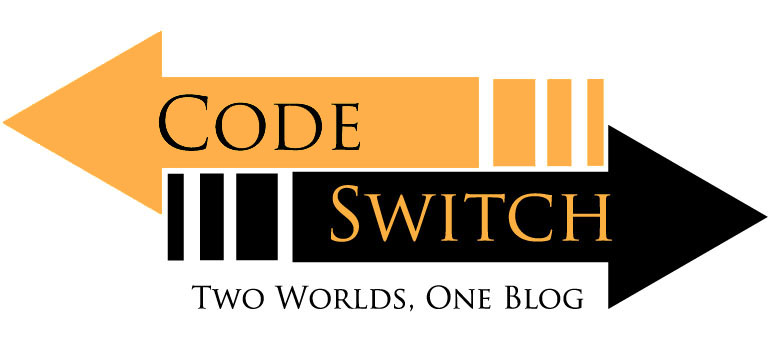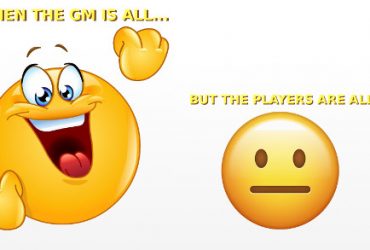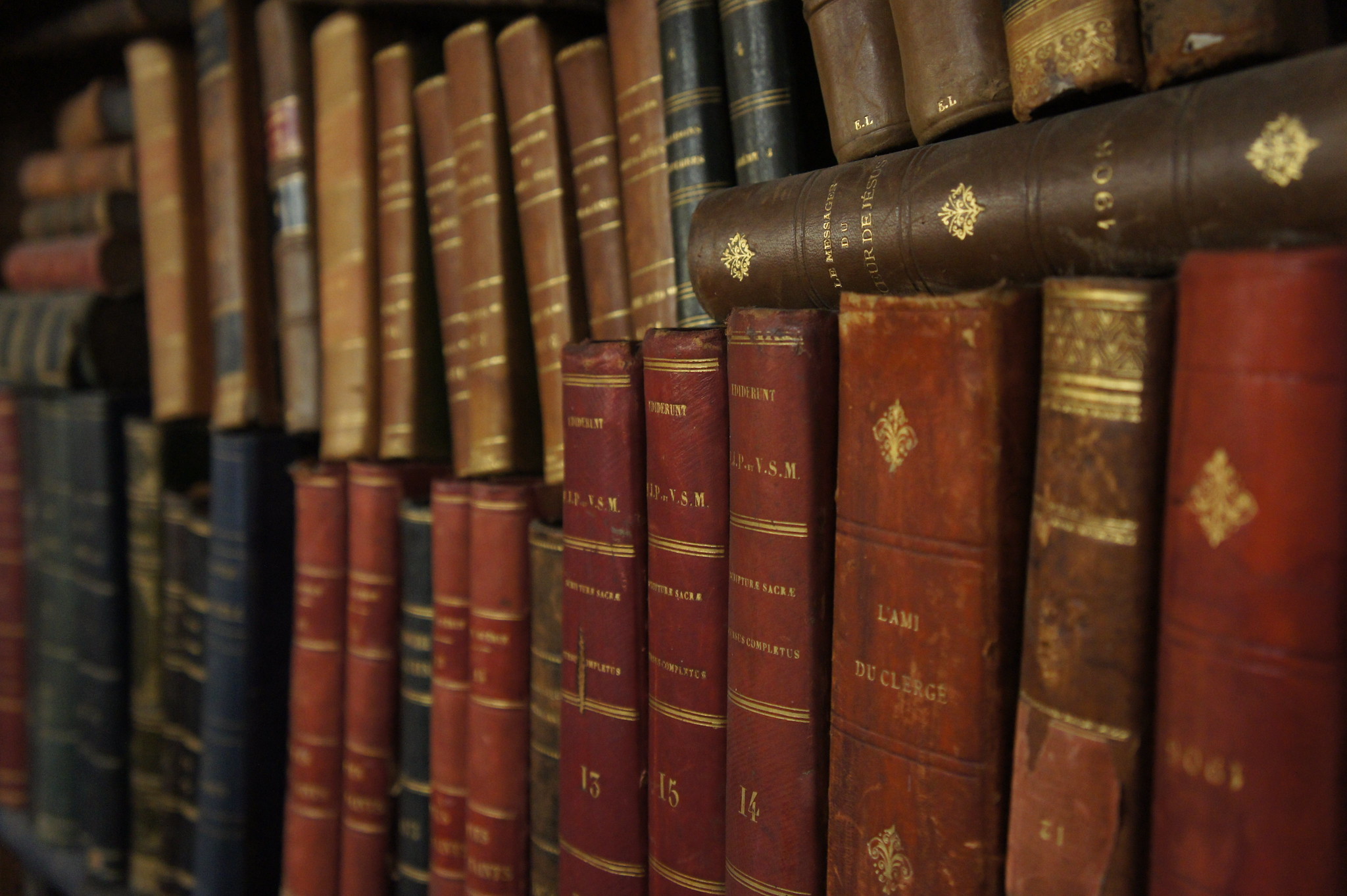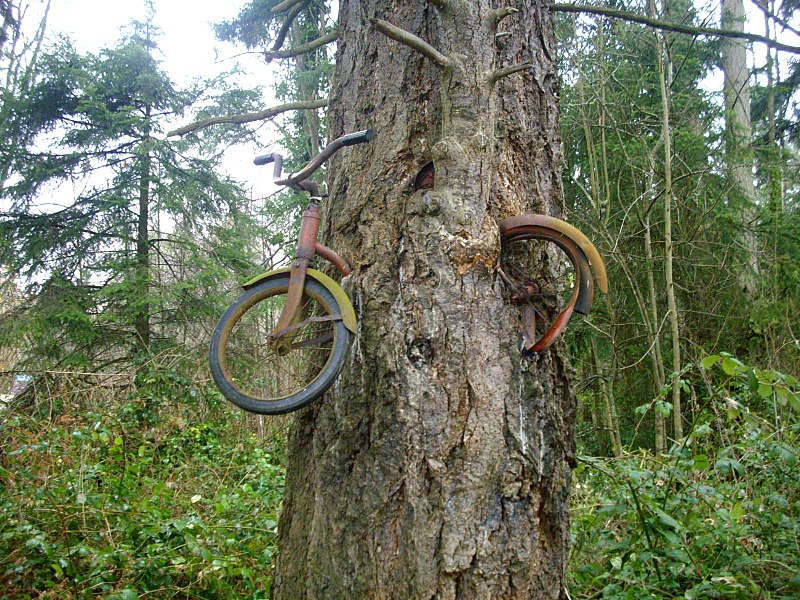EDIT 3/29/2018: Before you read this, I goofed up a bit. I creatively misread how the spell in question works. Feel free to pick it apart, but just replace the spell with actual material exchange and it’ll be just fine. If it’s any consolation, this goof has given me the topic for my next Code/Switch, see you in two weeks!
Hi, my name is James and welcome to Code/Switch. Today I want to talk about Pathfinder, economics, and magic. Pathfinder as a game assumes you’ll have access to magic on a pretty regular basis. In a party of 4 there’s the assumption 1 if not 2 characters will have the ability to use magic, and even non-casters will have access to magical items by 2nd or 3rd level Magic is something ever present in the setting and in the games expectations of how you’ll play. My topic today is about how magic, specifically the Fabricate spell, could and probably would collapse entire economies to dust. Thanks wizards!
Golarion exists at this weird level of sophistication. In a world that’s similar to Medieval times in some places, Renaissance in others, concepts and technologies that were just blossoming have been in full swing for centuries. Nationalism, widespread literacy, centralized banking were just developing at the time of the Renaissance in our world, but as in our world their impact in Golarion is huge. I want to focus on that last idea, centralized banking.
Money is worthless, depending on who you ask. Golarion has this standard of copper, silver, gold, and platinum that the entire world seems to agree upon for trade. The setting probably has the god Abadar to thank for this, seeing as his church is also sort of a bank. In the world that Golarion is depicted as, haggleable items would be used more by the common folk, bread for leather and the like, but no, Abadars glorious bank somehow got people to agree on a medium of transaction with no oversight. Who mints the coins? Who prevents regions currencies from becoming rapidly deflated due to new mineral wealth being founded?
Lets breath and just accept that this money system is held together by a god and some rubber bands and bubble gum and talk about something else the bank of Abadar does, loans. A loan is a wealth generator for a bank and loans have been practiced as far back as ancient Mesopotamia. By how vast Abadar’s banking system is, it seems they practice fractional-reserve banking; only keeping a portion of their total cash fluid in a bank with the rest tied into loans or other less solvent assets. This lending power would allow people to buy shares in trading companies and other endeavors. Once you have a banking system this complex, you can ruin it!
Back to the Fabricate spell. It takes a material and changes it to another via magic. It makes you use similar materials to transmute between like lead to gold, and doesn’t allow you to use flesh (awh darn). This is your basic philosopher’s stone alchemy that uses currency as its measure of equitable exchange. You’d imagine that since Golarion has this centralized economy a gold worth a gold anywhere, right? Wrong! Well, it would be right if the value wasn’t in the literal money.
Our modern currency is backed by the faith that its worth something, and the only way to devalue it is to make people think its worthless, or print so much that it becomes worthless. Generally we understand now that printing more currency is bad, so the currency value of something like the dollar is pretty stable. The value of the coins in Golarion seems to be in the metal they’re produced withm and that makes them vulnerable to three things: bubbles, supply, and debasement.
The fabricate spell doesn’t actually say how it ensures equitable value. Does the magic just assume that you know what your doing? Does it key in on your beliefs that their cost value is equal? Does it keep to tabs on commodity prices by region by season? I don’t see any of this written in the spell. (Please don’t bully your GM with this). Bubbles, supply, and debasement would all change the materials worths to be fabricated by varying degrees.
Bubbles
A bubble is a hike in assumed value of a thing. Housing went through a bubble, tech stocks went through a bubble, gold has gone through a bubble. Bubbles don’t actually increase based on any changes in demand or supply, they increase and decrease based on peoples belief that they’ll increase or decrease. If you’re transmuting tin to gold you’d need a lot of tin, unless a tins value becomes inflated. Maybe the region you’re in uses tin as a way to store wealth that they think will pay dividends. Maybe people know a copper mine is opening up soon and they think their tin will be worth more because of all the bronze they’ll be making. These speculations can drive up local or international values of goods to an insane degree, the most comically infamous being the Dutch Tulip Bubble.
Supply
Things like gold are valuable in part because they’re rare. It keeps the supply low and prevents the market from being flooded and lowering its value. Actual commodities like this are vulnerable to new resource discovery that can crash an items value, especially in a local economy. To give an example diamonds value used to be artificially inflated. Diamonds were rare pre-1870 but once more of the world was explored we found out they were more common than we thought. A company decided to maintain their stranglehold would just literally buy as many diamonds as possible to enforce artificial scarcity, because if the value of diamonds was dictated by their supply, their value would have petered out. Currently that company no longer does that, sorta, and the current lack of new diamond fields and increased demand from newly wealthy nations like China have increased the diamonds value by limiting supply.
Debasement of Currency
This is when your currency becomes less valuable. For our modern day money this is fine, but for a currency that’s based on material wealth this can be damaging. Frederick the Great of Prussia purposely made sub-worth silver coins and passed them off as genuine to pay those outside the country. This Saxon War money eventually became outlawed as people began to realize that it was worth less than its face value.
The Fabricate spell has so many things that can trick it into accepting sub-value trades as equitable.If you run this spell, please talk to your GM first and don’t be a jerk. If you’re a GM, just outlaw this spell except in really funny cases like changing water to syrup or glass to sand. It’d also make a neat plot hook in a game where you care about economics; stop the jerks from turning their abundant cheap lead into gold! Have you attempted currency manipulation in Pathfinder? Tell me how it went down below or in our Discord.







James I think you need to re-read the spell. It doesn’t quite work like you think it does. It only changes raw material X into an item made of material X. No lead to gold, or water to syrup. Plus you still need to make a Craft check for finer quality items.
Yes, it seems I did. Thanks for the heads up.